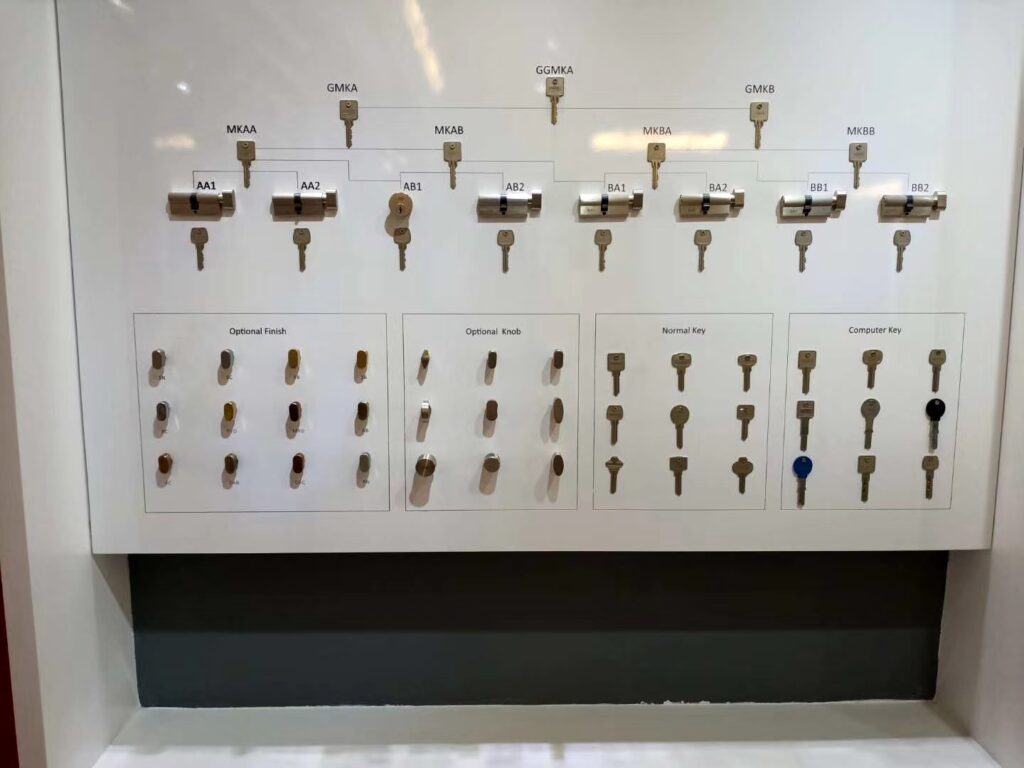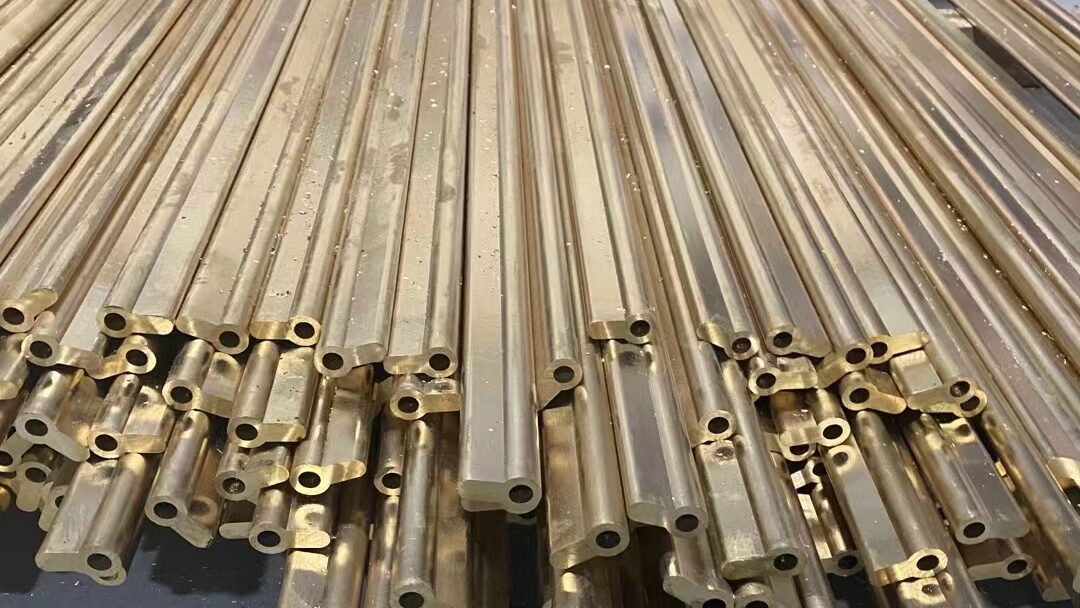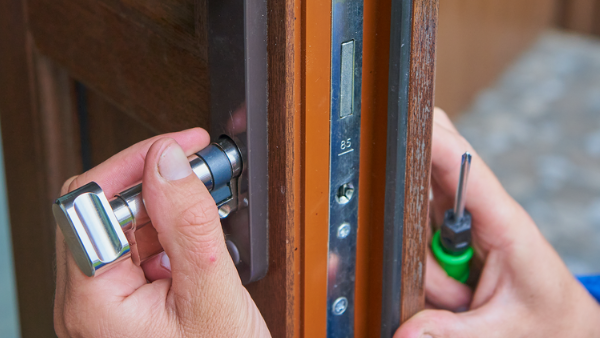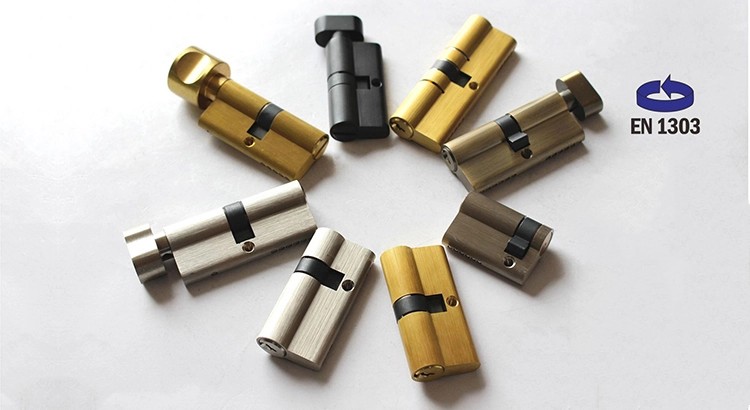When it comes to securing your property, whether it’s your home, office, or another space, the importance of a reliable lock cannot be overstated. At the heart of any locking mechanism lies the lock cylinder, a critical component that determines both security and durability. Choosing the right lock cylinder involves understanding various factors, from the material to the security features and compatibility with your existing system. This guide will help you unlock the secrets of selecting a durable lock cylinder that ensures peace of mind and long-term value.
Understanding the Basics of Lock Cylinders
A lock cylinder, also known as a key cylinder, is the part of the lock where the key is inserted. When you turn the key, the cylinder interacts with the locking mechanism to secure or release the bolt. Lock cylinders come in various types and designs, each suited to different needs.
Common Types of Lock Cylinders
- Pin Tumbler Cylinders: These are the most common type of lock cylinders. They use a series of pins of varying lengths to align with the key’s grooves. When the correct key is inserted, the pins align, allowing the cylinder to turn.
- Wafer Tumbler Cylinders: Similar to pin tumbler cylinders but simpler in design, wafer cylinders use flat wafers instead of pins. They are often found in lower-security applications such as filing cabinets and car locks.
- Disc Tumbler Cylinders: Often used in high-security applications, disc tumbler cylinders require a specialized key. Their design is more resistant to picking and bumping.
- Mortise Cylinders: These are cylindrical locks designed to fit into mortised lock bodies. Common in commercial buildings, they are versatile and highly durable.
- Euro Profile Cylinders: Popular in Europe, these cylinders are used in door handles and often come with anti-snap, anti-drill, and anti-pick features.

1. Security Features
A durable lock cylinder should provide robust security features to deter unauthorized access. Look for the following:
- Anti-Snap Technology: Lock snapping is a common burglary technique. Cylinders with anti-snap features are designed to break in a controlled manner, preventing access.
- Anti-Pick Protection: Advanced lock cylinders incorporate pins or wafers that resist picking tools.
- Anti-Drill Plates: Hardened steel plates or pins protect the cylinder from drilling attempts.
- Key Control Systems: Some cylinders offer restricted key duplication, meaning only authorized providers can copy the keys.

2. Material Quality
The material of the lock cylinder significantly impacts its durability and resistance to tampering. High-quality materials such as brass, stainless steel, or hardened steel ensure longevity and robustness. Avoid cylinders made from cheap alloys or plastics as they wear out quickly and are easier to compromise.

3. Compatibility
Ensure the lock cylinder is compatible with your existing door and lock mechanism. Measure the cylinder’s dimensions accurately to avoid issues during installation. Common sizes include single, double, and thumb-turn cylinders.
4. Certification Standards
Certified lock cylinders undergo rigorous testing to ensure they meet industry security and durability standards. Look for certifications such as:
- EN 1303: A European standard for cylinder locks, covering durability, security, and key performance.
- ANSI/BHMA Grades: These grades (1, 2, or 3) indicate the lock’s strength and durability, with Grade 1 being the highest.
5. Ease of Maintenance
Choose a lock cylinder that is easy to maintain and clean. Cylinders with smooth mechanisms and corrosion-resistant finishes are less likely to jam or degrade over time.

6. Price vs. Value
While it might be tempting to opt for the cheapest option, investing in a high-quality lock cylinder pays off in the long run. A durable cylinder reduces the need for frequent replacements and offers better security, making it a cost-effective choice.
Top Brands for Durable Lock Cylinders
Several manufacturers are renowned for producing high-quality lock cylinders. Consider these trusted brands when making your selection:
- Schlage: Known for their ANSI Grade 1 locks, Schlage offers a range of durable and secure cylinders.
- Yale: With a history of innovation, Yale produces cylinders with advanced security features.
- Mul-T-Lock: This brand specializes in high-security locks with patented key control systems.
- ASSA ABLOY: Offering a variety of certified cylinders, ASSA ABLOY combines durability with cutting-edge technology.
How to Test a Lock Cylinder’s Durability
Before finalizing your purchase, you can test the cylinder for durability:
- Visual Inspection: Check for solid construction and smooth finishing.
- Weight Test: A heavier cylinder often indicates high-quality materials.
- Operational Smoothness: Insert and turn the key multiple times to ensure the mechanism operates without resistance.
- Tamper Resistance: If possible, test the lock against basic picking or snapping tools to assess its resistance.
Installation Tips for Enhanced Durability
Even the most durable lock cylinder can fail if not installed correctly. Follow these tips for optimal performance:
- Professional Installation: Hire a locksmith for precise installation, especially for high-security cylinders.
- Proper Alignment: Ensure the cylinder aligns perfectly with the door and locking mechanism to prevent undue stress.
- Regular Maintenance: Clean the cylinder periodically and lubricate it with graphite or silicone-based lubricants to prevent jamming.
- Weatherproofing: For exterior locks, consider cylinders with weather-resistant coatings to prevent corrosion.

Emerging Trends in Lock Cylinder Technology
As technology advances, lock cylinders are evolving to provide enhanced security and convenience:
- Smart Lock Cylinders: Equipped with Bluetooth or Wi-Fi, these cylinders allow remote access control through smartphones.
- Biometric Cylinders: These locks use fingerprints or retina scans for authentication, offering unparalleled security.
- Modular Cylinders: Designed for easy upgrades, modular cylinders allow you to replace parts without changing the entire lock.

Conclusion
Choosing a durable lock cylinder is a critical step in ensuring the safety and security of your property. By considering factors such as security features, material quality, certifications, and compatibility, you can make an informed decision. Investing in a high-quality lock cylinder not only provides peace of mind but also saves you time and money in the long run. Whether you opt for a traditional pin tumbler cylinder or a cutting-edge smart lock, prioritize durability and reliability to protect what matters most.


